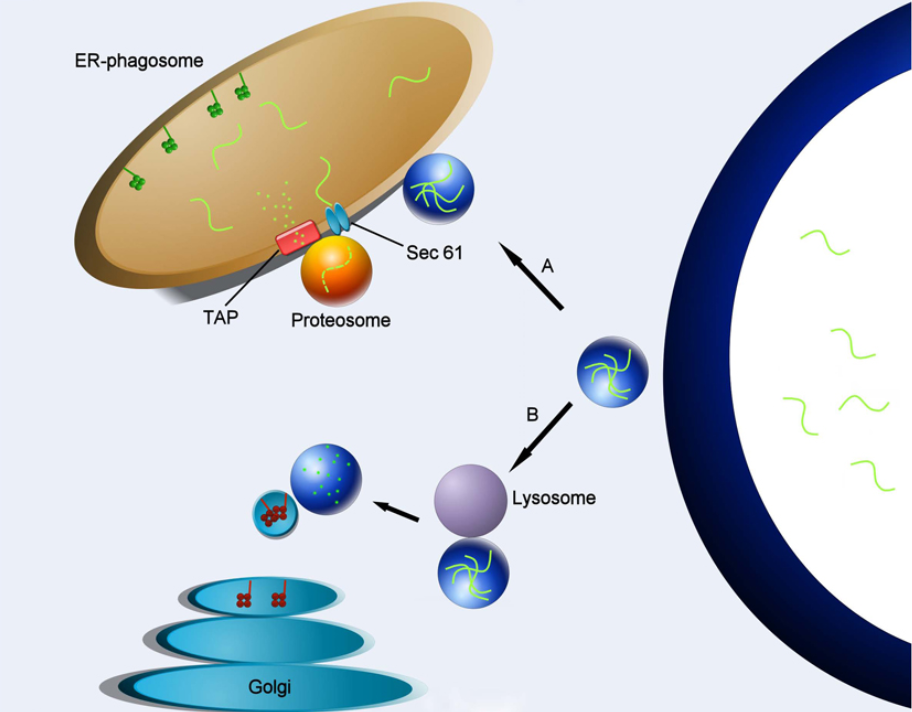
This innovative approach harnesses the body’s own immune system to target and destroy cancer cells, offering hope to patients and families affected by this challenging disease.
Brain cancer, particularly glioblastoma, is one of the most aggressive and difficult-to-treat forms of cancer. Traditional treatments like surgery, radiation, and chemotherapy often provide limited success due to the complex and resilient nature of brain tumors. The blood-brain barrier further complicates treatment, as it restricts the passage of many therapeutic agents into the brain. These challenges underscore the urgent need for novel and more effective treatment strategies.
Immunotherapy, a therapy that stimulates the body’s immune system to fight cancer, has emerged as a groundbreaking approach in oncology. Among the various types of immunotherapies, Dendritic Cell Therapy stands out due to its unique mechanism of action and potential efficacy.
Dendritic cells are a type of antigen-presenting cell that play a critical role in the immune system. They are responsible for capturing antigens (foreign substances that trigger an immune response) and presenting them to T-cells, which then mount a targeted attack against the invaders. In the context of cancer, Dendritic Cell Therapy involves extracting these cells from a patient, loading them with tumor antigens, and then reintroducing them into the patient’s body to stimulate a robust immune response against the cancer cells.
The process of Dendritic Cell Therapy for brain cancer involves several key steps:
Extraction: Dendritic cells are harvested from the patient’s blood through a process called leukapheresis.
Antigen Loading: The harvested dendritic cells are exposed to tumor antigens, which can be derived from the patient’s own tumor tissue. This step is crucial as it ensures that the dendritic cells are specifically trained to recognize and target the cancer cells.
Activation and Reintroduction: The antigen-loaded dendritic cells are then activated and infused back into the patient. Once inside the body, these cells present the tumor antigens to T-cells, effectively training the immune system to recognize and attack the brain cancer cells.
A landmark study published in the Journal of Translational Medicine highlighted the potential of Dendritic Cell Therapy for brain cancer. This study demonstrated that patients receiving Dendritic Cell Therapy showed prolonged survival and improved quality of life compared to those receiving standard treatments alone . The therapy was found to be particularly effective in patients with recurrent glioblastoma, offering a glimmer of hope in a group with otherwise poor prognosis.
Furthermore, Dendritic Cell Therapy has shown a favorable safety profile, with fewer and less severe side effects compared to traditional treatments like chemotherapy and radiation. This is a significant advantage, as it allows patients to maintain a better quality of life during and after therapy.
The success of early clinical trials has paved the way for further research and development in the field of Dendritic Cell Therapy for brain cancer. Several ongoing studies are exploring ways to enhance the efficacy of this therapy, such as combining Dendritic Cell Therapy with other immunotherapies, targeted therapies, or conventional treatments.
For instance, combining Dendritic Cell Therapy with immune checkpoint inhibitors, which help to remove the “brakes” on the immune system, has shown promise in preclinical models. This combination approach aims to create a more robust and sustained immune response against the tumor.
Dendritic Cell Therapy represents a beacon of hope in the fight against brain cancer. By leveraging the body’s own immune system to target and destroy cancer cells, this innovative therapy from Immunyo, offers a promising alternative to traditional therapies. As research continues to advance, the potential of dendritic cell therapy will only grow, bringing us closer to more effective and personalized treatments for brain cancer.
In the ever-competitive field of medical treatments, staying informed about cutting-edge therapies like dendritic cell therapy is essential. As we continue to educate and raise awareness, we can ensure that more patients have access to this life-changing therapy, ultimately improving outcomes and quality of life for those battling brain cancer.
Yu JS, Wheeler CJ, Zeltzer PM, et al. Vaccination of Malignant Glioma Patients with Peptide-pulsed Dendritic Cells Elicits Systemic Cytotoxicity and Intracranial T-cell Infiltration. J Transl Med. 2004;2(1):17. doi:10.1186/1479-5876-2-17. Link to article
REGISTERED ADDRESS:
Immunyo Ltd
Kincora Ave 35
Clontarf
Dublin 3
Ireland
For Germany, Austria and Switzerland